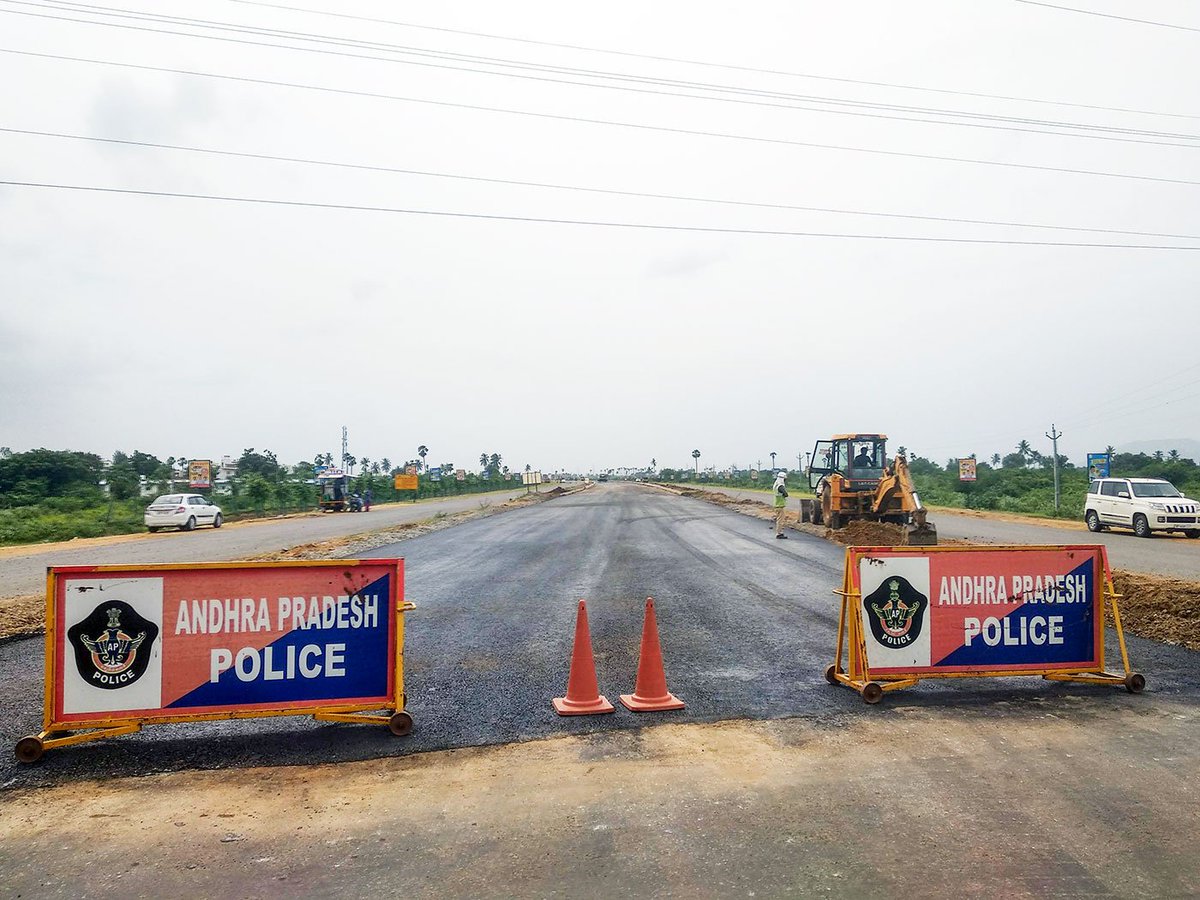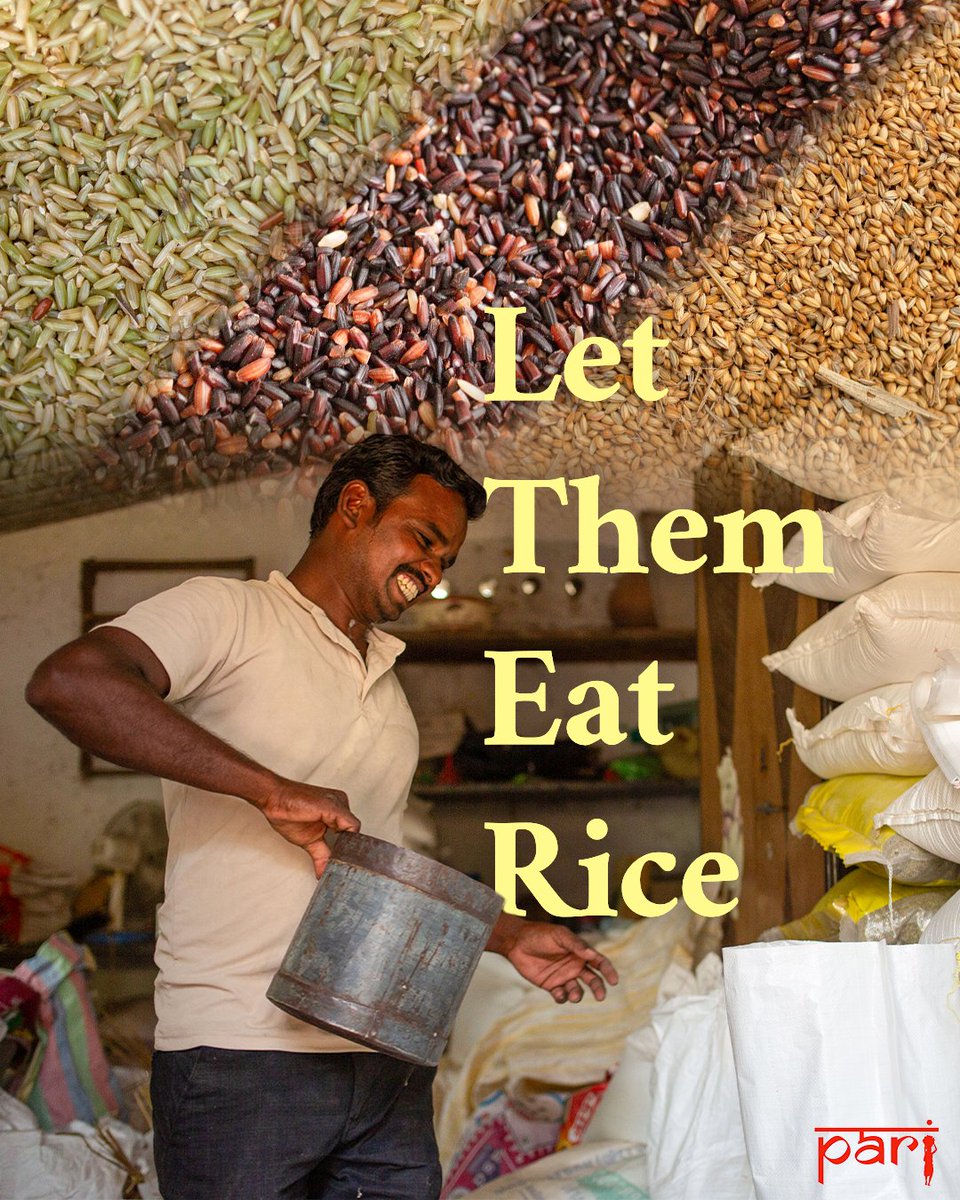🙌🏿Do read @RahulMaganti's reportage on how the #Amaravati project was displacing thousands of farmers from fertile lands, destroying small land holders,creating unemployment for agricultural labourers & forcing desperate migrants into exploitative, informal construction labour.
https://twitter.com/wgonifis/status/1151814953088634881
The master plan for the #Amaravati Project,prepared by a consortium of companies from Singapore,spoke about creating 56.5 lakh jobs by 2050 but the little work created so far were informal,contractual #jobs in construction,unprotected by any labor laws.ruralindiaonline.org/articles/mega-… 



Furthermore, with the #AndhraPradesh government's takeover of land for Amaravati, many #landless villagers have lost farm work, forcing young men to seek #wages at sand quarries near the Krishna river, and leaving women #unemployed. ruralindiaonline.org/articles/let-t… 



Even these few,exploitative jobs were given to out of state migrant labourers, willing to work for abysmal wages,while the most vulnerable local population who had been rendered jobless by the project,such as #Dalit families of Nelapadu,continued to suffer.ruralindiaonline.org/articles/a-was… 



The #realestate boom associated with the project too was skewed, benefitting upper caste patta landowners while small #Dalit landowners, alotted land under the 1973 AP #Land #Reforms Act,weren't being compensated equally under the land pooling scheme. ruralindiaonline.org/articles/soari… 



The #LandPoolingScheme designed to acquire land for #Amaravati disregarded the safeguards promised by the 2013 #LARR Act, including an assessment of the social & environmental impact, consent of at least 70%of those affected & fair resettlement packages. ruralindiaonline.org/articles/this-… 





An ex IAS officer, who witnessed the ground realities of the #Amaravati project, is reminded of Oliver Goldsmith's Deserted Village poem:
“Ill fares the land, to hastening ills a prey/ where wealth accumulates & men decay” – sum up what is happening in Amaravati”


“Ill fares the land, to hastening ills a prey/ where wealth accumulates & men decay” – sum up what is happening in Amaravati”



• • •
Missing some Tweet in this thread? You can try to
force a refresh






















